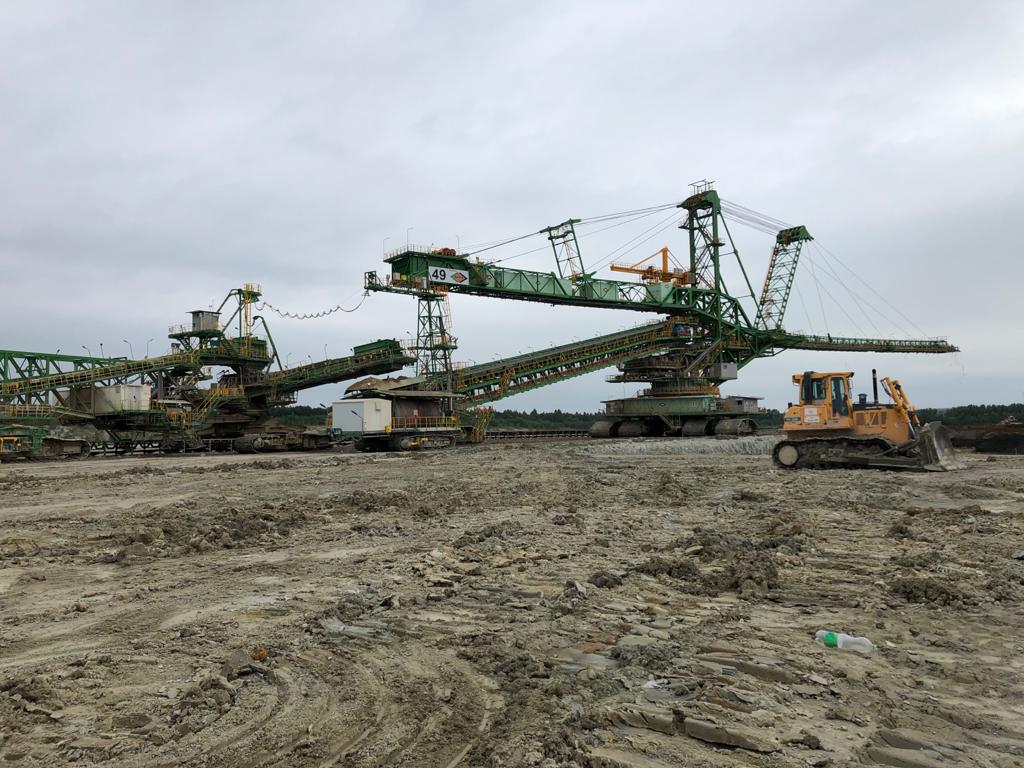The Provincial Court of Appeal rejected a complaint against the order to stop the work of the Turów mine as part of the proceedings to decide whether the mining concession at this plant was extended in accordance with the required procedures.
„The Provincial Administrative Court rejected the complaint filed by PGE GiEK against the decision to suspend the implementation of the environmental decision for the mine in Turów, and refused to suspend the implementation of the contested decision and referred the case to the Supreme Administrative Court,” PGE, the owner of the mine and power plant, said.
The Turów mine supplies lignite to the Turów Power Plant, which provides up to seven percent of Poland’s energy demand. However, the mining concession was extended in 2018 without an environmental report, and thus was challenged as inconsistent with procedures by environmental organizations complaining in court. They claim that the license was extended despite the lack of an environmental impact assessment required under EU law, but PGE said this was allowed under a Polish law from 2018. The Administrative Court ordered the suspension of mining for the duration of further proceedings before the verdict.
„The immediate and abrupt closure of the Turów mine would lead to an environmental catastrophe,” PGE warned. „Stopping mining would involve stopping dehydration, which would lead to the formation of multi-slope landslides and the complete destruction of the mining plant. It would create an environmental disaster with irreversible consequences for the entire region, as well as the border areas of the Czech Republic and Germany and the Nysa Łużycka riverbed,” the company explained.
„The Nysa Łużycka river, below the landslide area, would be deprived of water for many years, which would lead to the destruction of all ecosystems in its lower course. Residents of many villages, for whom the river is a source of water supply, would be deprived of it without a quick prospect of improving the situation,” the company spelled out. „To prevent this, it is necessary to properly secure the excavation. Such a process must be carried out many years in advance, due to geotechnical and environmental risks (conducting dehydration), which in the event of sudden closure can lead to an uncontrolled collapse of the mine slopes and an environmental catastrophe,” PGE reiterated.
Polska Grupa Energetyczna / Wojciech Jakóbik









